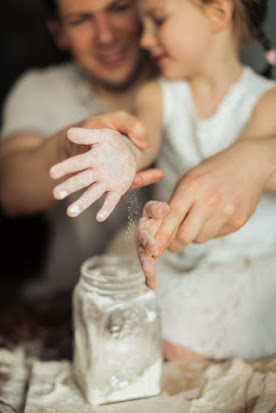Play is vital for early childhood development in daycare. More than simply keeping children occupied, playtime is also an excellent time for teaching children a variety of developmental skills. From fine and gross motor skills to language and writing, Montessori activities keep children engaged and interested in learning and doing.
Hands-On Learning
The Montessori daycare is a play-based learning environment. Working with specially designed educational toys makes it easier for children to learn new skills and reach vital developmental goals in physical, social, and intellectual areas. Some activities provide practical experience as well, such as learning to use classroom tools like pencils or crayons. In fact, Montessori daycares are involved in the complete development of small children, and the activities they are engaged with were carefully selected to develop the total range of developmental skills.
Learning Social Interaction
When children play together, they are also developing critical social skills that will help them interact with others. For example, playing with a particular toy is also an opportunity to practice taking turns and sharing resources. By playing together, children learn the basics of diplomacy, the value of teamwork, and the importance of perseverance. The thing to keep in mind is that the game is being presented as an educational tool that inspires, excites, and motivates children.
Natural Order of Development
In the process of developing the Montessori Method, Maria Montessori how children interacted in a natural, unstructured setting. What she saw was that children learn by doing things with their hands as they go about their childhood games. She also observed that children naturally group into mixed age groups and that younger children are able to absorb new information by observing and playing with kids a little older than themselves. These observations became crucial points that were incorporated into the Montessori Method.
Daycare children learn by playing with toys and activities that are fun and engaging. They never consider that the activities they are having a good time with were chosen for their educational value. And the practice of hands-on education doesn't end with daycare or preschool. Children of all ages will be using hands-on education as their primary method of learning for as long as they remain in a Montessori environment.
